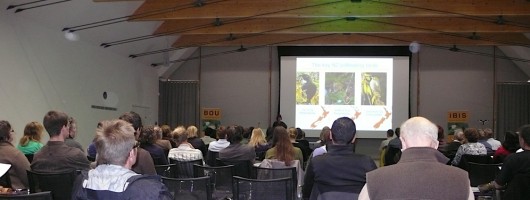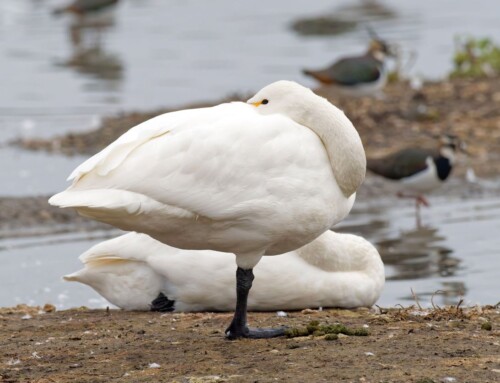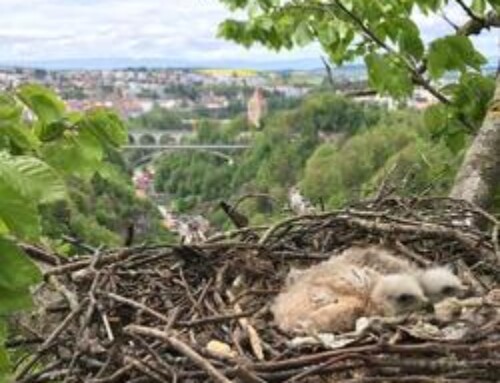Former student and early-career researcher Hugh Wright explains how you can benefit from the BOU, and gives a little back along the way.
As a university student for eight, long, consecutive years I developed an advanced set of skills – skills that had to be honed through intense sessions of training and often through times of great hardship. These weren’t ecological survey techniques (beginner level was my peak) or multivariate stats (I worked hard to avoid these altogether). No, these were skills from the curriculum of post-grad survival: scrounging around for funding, sniffing out cheap student rates, and grabbing opportunities to work with big cheeses that know lots of stuff. As it happened the BOU offered all of these things, so I made sure to take full advantage.
I first found the BOU when I began a heavy dose of fieldwork for my PhD. My studentship covered university fees and living costs, but I needed funds to cover the all-important (and expensive) months of survey work in northern Cambodia. The BOU offers grants of up to £2,000 for small research projects and during the course of my PhD I applied for two of these. One grant supported the costs of an experimental nest protection scheme for White-shouldered Ibis, employing local people as nest guardians, and the other covered more routine travel and field assistant costs for a monitoring study of the species’s population in Cambodia. This was my first, valuable bite of the BOU cherry, but there was more for the taking.

The BOU annual spring conference is an important flocking event in the ornithological calendar and a key stopover for avian scientists looking to fuel-up with knowledge on their perilous journeys through academic, conservation or policy careers. From my perspective these conferences offered good opportunities to ‘meet the experts’ at early-career researcher workshops, to present a poster or talk, and to share thoughts (or maybe just some beverages) with the many other students.
As a BOU member I got ludicrously cheap rates (£75 for the full package, including meals and two nights’ accommodation) so I attended several of these conferences during my PhD. But even better than the bargain is the buzzing sense of community and friendly atmosphere which has students coming back year-after-year. For me, the mark of a good event is when people are making eleventh-hour efforts to find a floor to kip on in pure determination to get to an otherwise sold-out conference. The BOU spring conference ticks this box.

By this point I’d gained a reputation as a BOU benefit-scrounger, so I was invited to be the early-career researcher rep on the BOU Meetings Committee. I spent two years helping to make BOU conferences more inviting and useful to students before being asked to sit on the BOU Council, which oversees the Union’s various activities, and the Engagement Committee which works on outreach to BOU members and beyond. These positions were a great way of giving something back to the Union and to the wider ornithological community that had supported me through my PhD.
These roles were also an excellent opportunity to work with some of the bigger names in UK ornithology and to learn how a charitable, volunteer-driven, community society operates. Sitting on formal committees gave me experience of board-style meetings that I hadn’t thought possible at such an early stage of my career. Of course this was handy for notching up a few CV points too. If you’re interested in helping the BOU there are many opportunities ranging from support at conferences, joining a committee or just spreading the word – contact the BOU office, or prepare to be snapped-up when you’re spotted taking the cheap rates at back-to-back conferences!
Three years after finishing my PhD I’ve filled my boots on pretty much all the BOU has to offer an early-career researcher and I’d encourage other students to do the same. The variety of benefits and opportunities available provide valuable help and experience to students progressing their own research project or looking towards careers in ornithology or wider ecology. Although my own career in conservation is currently far from lucrative (those student thriftiness skills still come in handy), I’m remaining a fully-fledged BOU member to stay part of the community and to ensure that the next batch of students arriving in ornithology continue to get the support that I received.
If you want to write about your research in #theBOUblog, then please see here.






